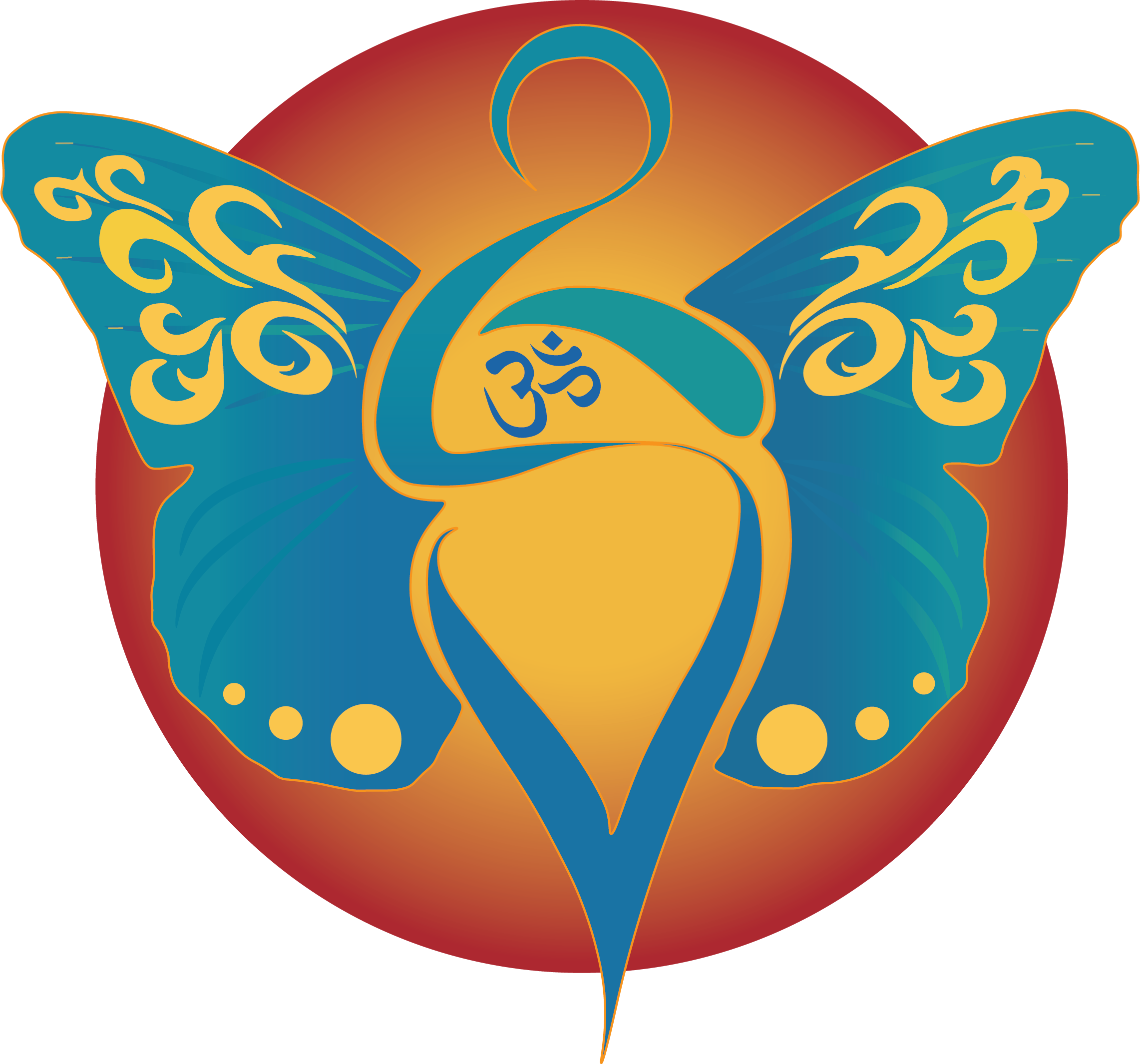Anxiety, Panic Attacks & Trauma in Your Twenties
Anxiety is a common mental health issue that affects people of all ages, but it can be particularly challenging for people in their 20s. This transformative decade is filled with significant life changes, such as transitioning into adulthood, pursuing higher education, starting a career, moving into their own home and building long term relationships . With so much happening, it’s no wonder that anxiety can creep in. In order to manage anxiety it’s often beneficial to understand its causes and effects.
 In your 20s, anxiety can stem from various sources, including academic pressure, career uncertainty, financial stress, and relationship challenges, which are all age-appropriate challenges shared by many of your peers. However, this year I’ve noticed that all of these issues have been overwhelmingly replaced by two new top reasons: Helicopter Parenting and Complex Post-Traumatic Stress Disorder.
In your 20s, anxiety can stem from various sources, including academic pressure, career uncertainty, financial stress, and relationship challenges, which are all age-appropriate challenges shared by many of your peers. However, this year I’ve noticed that all of these issues have been overwhelmingly replaced by two new top reasons: Helicopter Parenting and Complex Post-Traumatic Stress Disorder.
If you had helicopter parents, you will already know that they are overly involved and protective of their children. They tend to hover over a child’s life, often interfering in the healthy development of the child’s independence and decision-making. Many of my clients (and some of you readers) who were raised by helicopter parents experience anxiety or depression, or sometimes both, in their twenties. Your first taste of independence can be overwhelming as you may never have been given the freedom or permission to exercise your life skills of prioritizing and managing responsibilities and making decisions on your own.
Often you find yourself feeling a lack of self-confidence in doing what is required of you and a  persistent feeling of being challenged ends up in a lowered sense of self-esteem. Hesitant to take actions because you are unsure whether or not you are making the right decision it is not uncommon to procrastinate and put things off.
persistent feeling of being challenged ends up in a lowered sense of self-esteem. Hesitant to take actions because you are unsure whether or not you are making the right decision it is not uncommon to procrastinate and put things off.
Feeling frustrated and overwhelmed by having to learn as you go, it’s no wonder that anxiety sets in. Unable to anticipate the challenges of managing their your time, shopping for your own groceries, managing your own bills, selecting your own courses, or any other myriad of “adulting” tasks that pop up catch you off guard and you consciously or subconsciously start to worry, panic, and/or feel unsafe. This feeling of being unsure and unsafe is often a pre-cursor to an anxiety attack – which is often connected to your experience of fear.
Sometimes you may feel frustration toward your parents who you feel have not adequately prepared them for these life challenges. Yet because you are so either so determined to prove your suffocating parents wrong or desperately do not wanting to ask anyone for help, you hold everything in and try to manage things on their own which sometimes works out and other times causes circumstances that lead to more stress.
The thing about suppressed feelings is they build up over time and often blow over in unpredictable ways and often at the most inconvenient times, and when they do, an anxiety attack is born. Constantly afraid of messing something up or being a disappointment, you become almost paralyzed by fear until even the simplest tasks of daily life seem insurmountable. That’s when depression can set in. Fluctuating between anxiety and depression, your sense of self feels destroyed. This is the second most common scenario I see among my twenty-something clients. The first is Complex Post Traumatic Stress Disorder (C-PTSD).
 Complex Post-Traumatic Stress occurs in people who have experienced prolonged trauma or abuse during childhood or adulthood. The distinction between PTSD and Complex-CTSd is that C-PTSD is experienced regularly and over a long period of time. It can manifest in difficulties with emotional regulation (controlling your feelings), self-esteem, and personal relationships. Whatever the presentation, it can impact your overall well-being and ability to navigate life’s challenges.
Complex Post-Traumatic Stress occurs in people who have experienced prolonged trauma or abuse during childhood or adulthood. The distinction between PTSD and Complex-CTSd is that C-PTSD is experienced regularly and over a long period of time. It can manifest in difficulties with emotional regulation (controlling your feelings), self-esteem, and personal relationships. Whatever the presentation, it can impact your overall well-being and ability to navigate life’s challenges.
Each case is different, but what is common is that individuals who have experienced constant trauma and abuse remain in a heightened state of fight/flight/freeze/fawn reactions or more simply said, ‘survival mode’. Having to remain vigilant to ensure your own safety in your own home can take an enormous toll on you as a child C-PTSD. The triggers can vary widely. Sound, touch, smells, activities, locations, scenes in movies, songs, or practically anything your memory took in during a moment of trauma of distress can be a trigger for you even if you don’t clearly remember it.
If you have experienced C-PTSD have been in a prolonged state of survival mode where all of your senses function at peak levels. When you’re struggling to secure your safety, your brain ‘parks’ the activity of sorting and storing memories for a less distressing time. Add to that the prolonged effect of living at this level of hyper vigilance, often without a sense of complete safety or support, and you really see the draining impact C-PTSD can have on your mental health. Then one day, usually when things are going well, completely out of the blue, you have a panic attack. Often, it’s those buried feelings overflowing on the surface in times and places where and over things that just don’t seem to make sense.
If you are reading this post and have your own experience with helicopter
parents, anxiety, depression or C-PTSD please prioritize your self-care, build a support network, and seek professional help.  Taking the time to process these experiences and your emotions is courageous, and while no one deserves to go through these challenges, you can make the choice to ensure they don’t define your life experience.
Taking the time to process these experiences and your emotions is courageous, and while no one deserves to go through these challenges, you can make the choice to ensure they don’t define your life experience.
If you are a parent reading this post and feel you might fit into the helicopter parent category – don’t beat yourself up. Many parents who helicoptered as a parent, (and yes that includes me!) usually do so out of an overwhelming desire to give their child the best life experience and opportunities. However, now that you are aware of the impact of prolonged helicopter parenting, transitioning into guide and support mode is recommended. Part of transitioning into adulthood is the process of succeeding and failing which is how ‘experience’ is built. Your adult child will sometimes come to you for support and other times distance themselves. It’s a bit like adolescence all over again except your adult child is older, more mature and much more competent and resilient that you make think or know!

If you feel you are experiencing anxiety or complex post-traumatic stress
at any age reserve your seat now in online group therapy in either the
Anxiety 101 or Complex Post Traumatic Stress modules. If you’re unsure about group or the next steps you want to take, please feel free to book a free no obligation 20-minute consultation at wrinklewisdomtherapy.com. I hope to hear from you.


